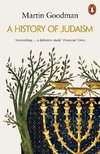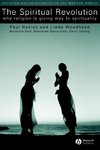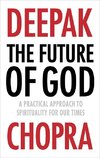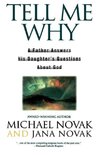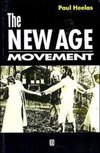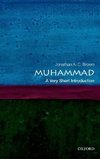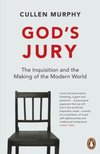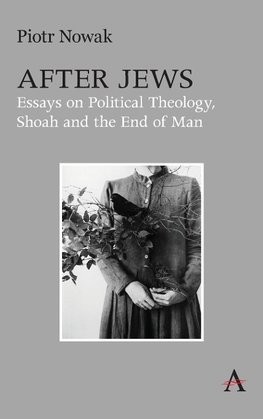
-
 Anglický jazyk
Anglický jazyk
After Jews
Autor: Piotr Nowak
Jews had lived with us for a thousand years. Then they were killed. Why? Had the Shoah always been brewing in these lands, or could it only happen under the conditions of late capitalism rather than in the atmosphere of primitive pogroms, the violent expulsion... Viac o knihe
Na objednávku, dodanie 2-4 týždne
135.61 €
bežná cena: 154.10 €
O knihe
Jews had lived with us for a thousand years. Then they were killed. Why? Had the Shoah always been brewing in these lands, or could it only happen under the conditions of late capitalism rather than in the atmosphere of primitive pogroms, the violent expulsion of Jews from their Anatevkas? An important point of reference for the author's reflections are the postulates of the representatives of the Frankfurt School - in particular of Max Horkheimer and Theodor W. Adorno's Dialectic of Enlightenment - who were the first to draw attention to the potentially criminal character of instrumental reason, disavowing at the same time the tradition of the siècle des Lumières, the approach which the author is inclined towards. Yet they looked for the causes of the Shoah not where these could be found, either in the "authoritarian personality" or in the difficulties of living, in the so-called "social question." However, in order to understand what happened to the Jews in Central and Eastern Europe in the 1940s, one must resort to a language completely different from psychological, social, economic, or police discourse. We must resort to the forgotten language - or better said, the language that is being forgotten - of theology, especially political theology. It is there, the author claims, that one can find the right interpretative tools. It does not belong to the realm of superstition but is our last chance to understand what happened to the world yesterday and what is happening to it today. "It was the devil!" writes Alain Besançon, a witness of those times, "He was the one who communicated his inhuman personality to his subjects." We do not know this for sure - maybe yes, maybe no. We do know, however, that it is good that a theological category - the concept of the devil, Antichrist - is returning to the philosophical and, more broadly, social and political discourse. The devil, Antichrist is not just a metaphor or a creature with a limp in the left leg and charred wings; it is rather the atmosphere we live in, manifesting itself in turning traditional values inside out, in replacing respect with tolerance, charity with dubious philanthropy, love with sex, family with any social organization, religion with science, freedom with safety and so on. Examples abound. The author proposes to renew the sense of such theological concepts as eternity, salvation, the idea of chosenness, apocalypse, radical hope, and others, only to better understand the condition of today's world and its increasingly aggressive attitude towards people of strong faith, which may fill us with anxiety and make us think of the recurrence of the Shoah. There are no more Jews in Poland. They had been murdered by the German Nazis, and those who survived were expelled by the Polish communists after the war. We live in a world "after Jews." Now we must tell ourselves what it means to us. It is important for them and for us. Important for the world.
- Vydavateľstvo: Anthem Press
- Rok vydania: 2022
- Formát: Hardback
- Rozmer: 235 x 157 mm
- Jazyk: Anglický jazyk
- ISBN: 9781839981944
